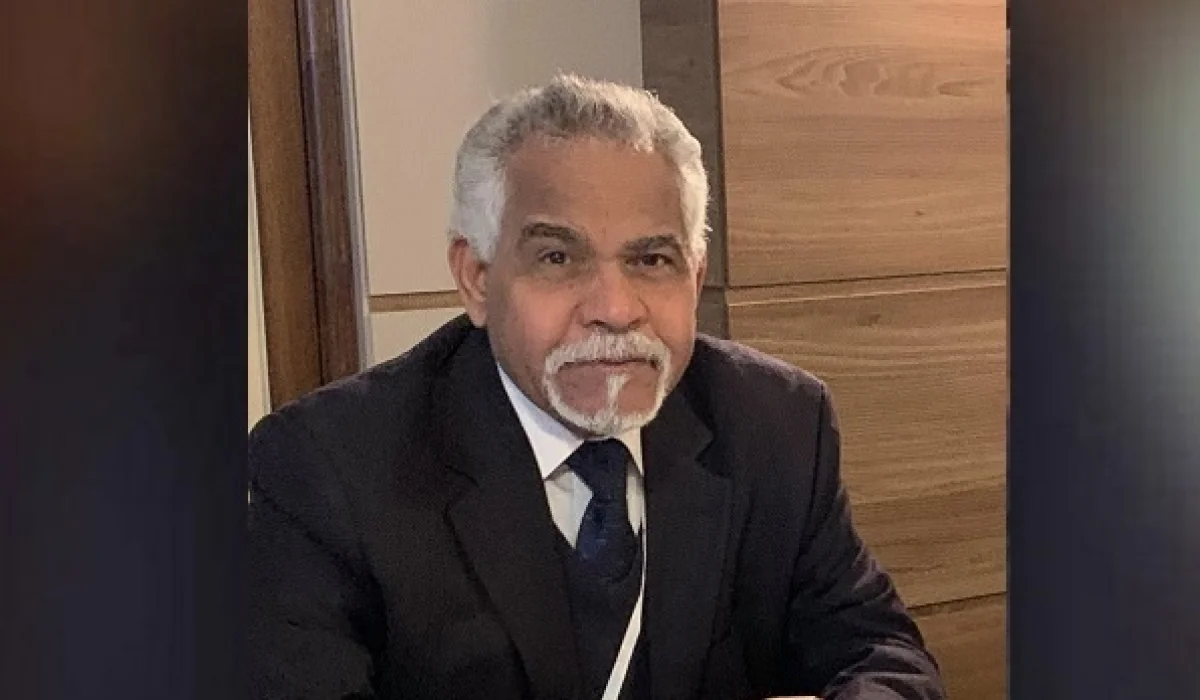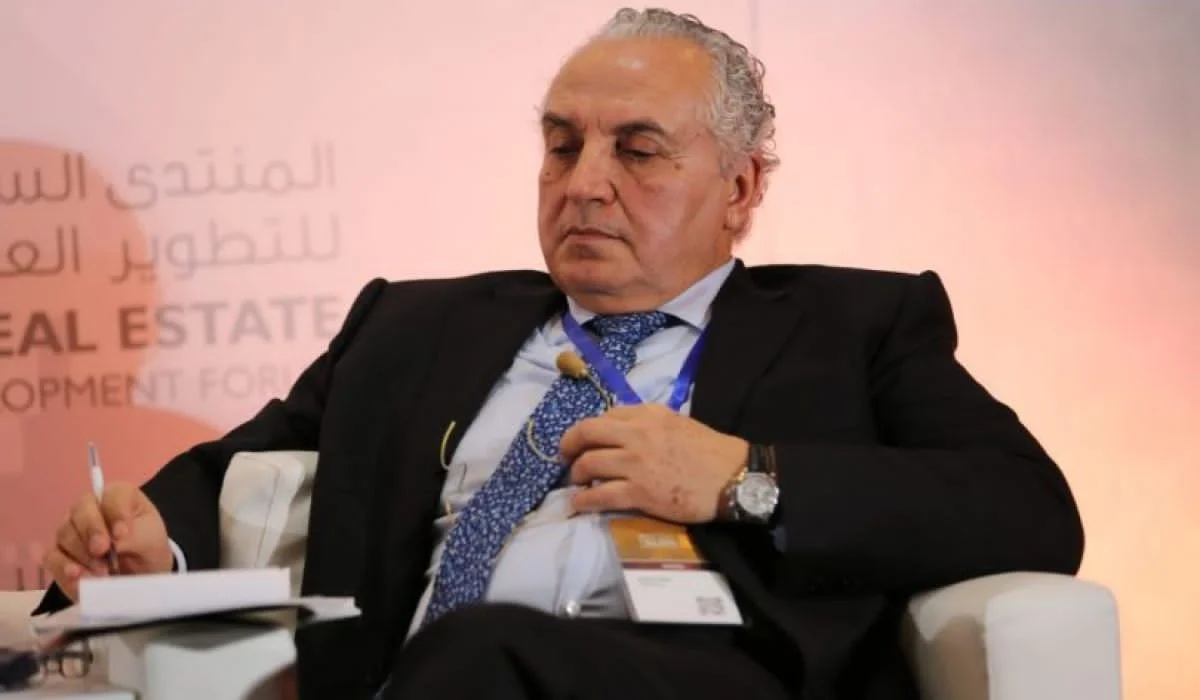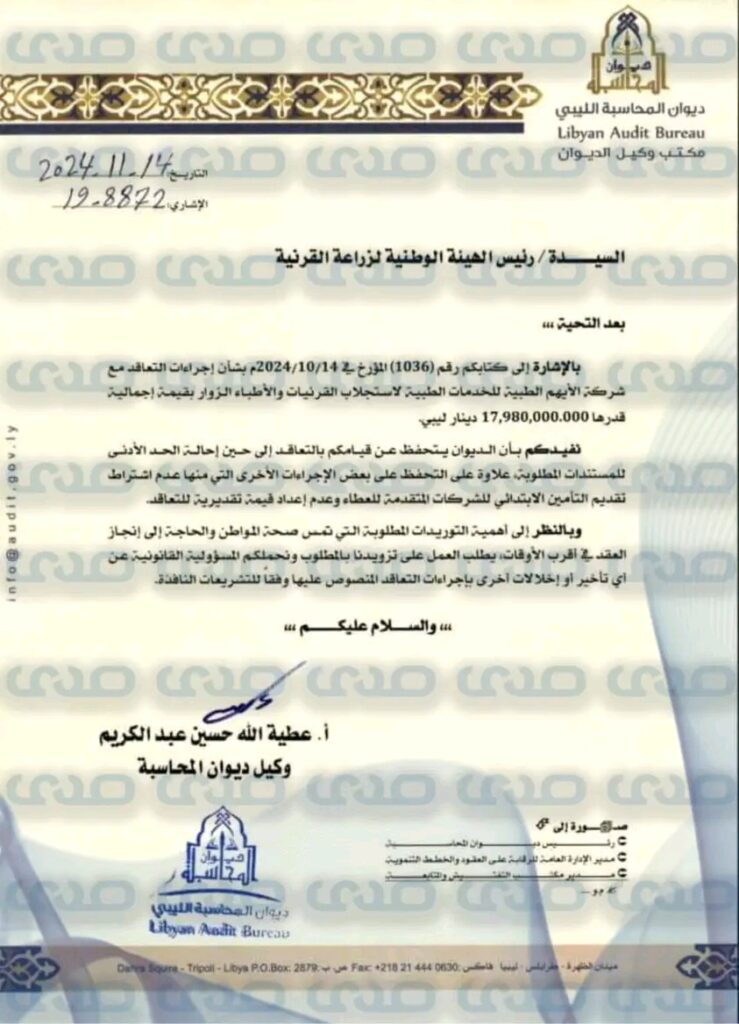Abu Snina: “No Stability for the Libyan Dinar Exchange Rate Without Oil Revenues”
The economic expert, Mohamed Abu Snina, wrote an article stating:
In Brief, the focus of Libyan decision-makers, those shaping the current landscape and challenging authority, remains limited to finding short-term solutions to economic problems such as the exchange rate, public spending, liquidity, fuel subsidies, salaries, and oil production. These areas suffer from recurring distortions that merely reflect symptoms of the deeper issue plaguing the economy: the heavy reliance on crude oil export revenues, a rentier culture, and the resulting deadlock. This perpetuates a vicious cycle of dependency, sustaining a mono-economy with no clear vision for reform.
The salary bill inflates public expenditure, leading to exchange rate instability. Exchange rate instability puts pressure on reserves, which in turn restricts foreign currency use. This limitation reduces liquidity, increases the black-market exchange rate, and subsequently leads to a liquidity crisis. The public’s lack of trust in the banking sector worsens, increasing reliance on public expenditure. Allocating funds to develop the oil sector comes at the expense of other development projects. Thus, addressing any existing economic problem or distortion often exacerbates another, because the root cause is structural. There is no public spending or budget funding without oil revenues.
There can be no stability for the Libyan dinar exchange rate without oil revenues. No letters of credit for importing goods, supplies, and services can be issued without oil revenues. Salaries for approximately 2.8 million Libyans depend on oil revenues, as do fuel supplies for electricity and transportation. Fuel subsidies, which already strain the state’s budget, also rely on oil revenues. Even the development of the oil sector itself is unattainable without these revenues.
Decision-makers ignore the fact that oil is an exhaustible resource that may deplete within less than 25 years—a brief period in the lifespan of a state. Additionally, oil is losing market share to clean and alternative energy sources in the medium term, a reality given little attention. Oil prices are on a downward trend, and the exploitation of oil revenues fails to consider the rights of future generations, regional development needs, or the global climate crisis.
Why have successive governments failed to create and implement a serious strategy for economic diversification? Instead, they merely extinguish recurring crises. The Libyan Sovereign Wealth Fund, valued at over $60 billion, has yet to contribute to financing the state’s budget deficit, contrary to its foundational goals. Meanwhile, Libya’s other natural resources remain unutilized and ignored due to the prevailing conditions. Exploiting these resources requires investing oil revenues strategically, but those revenues are barely sufficient to cover salary bills.
There is no choice, priority, or alternative—before it is too late—to save Libya’s economy, the state’s future, and the coming generations other than by diversifying income sources, restructuring the national economy, halting the expansion of consumer spending and subsidies, breaking oil’s dominance over the economy, and reforming institutions while combating corruption—all within a defined timeframe.





















